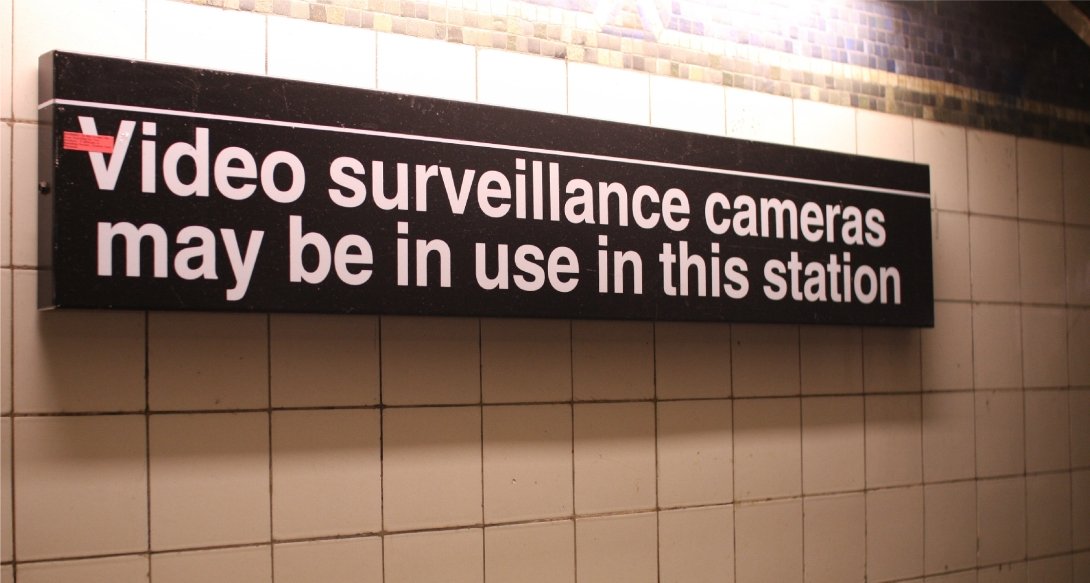Are our communities being surveilled?
The U.S. government has a long history of unwarranted and invasive spying.
Although this domestic surveillance impacts the privacy rights of everyone in the country, it disproportionately targets communities of color and activists. From COINTELPRO in the 1960s to xenophobic policies instituted after 9/11 to the FBI’s recent efforts to categorize Black Lives Matter activists as a terrorist threat, the government has long skirted constitutional protections to crack down on perceived dangers.
The adoption of new law-enforcement tools at the federal, state and local levels has exacerbated racially biased policing. Technologies like Stingrays and social-media spying software are used to monitor not only criminal activities but also First Amendment-protected activities like political organizing.



